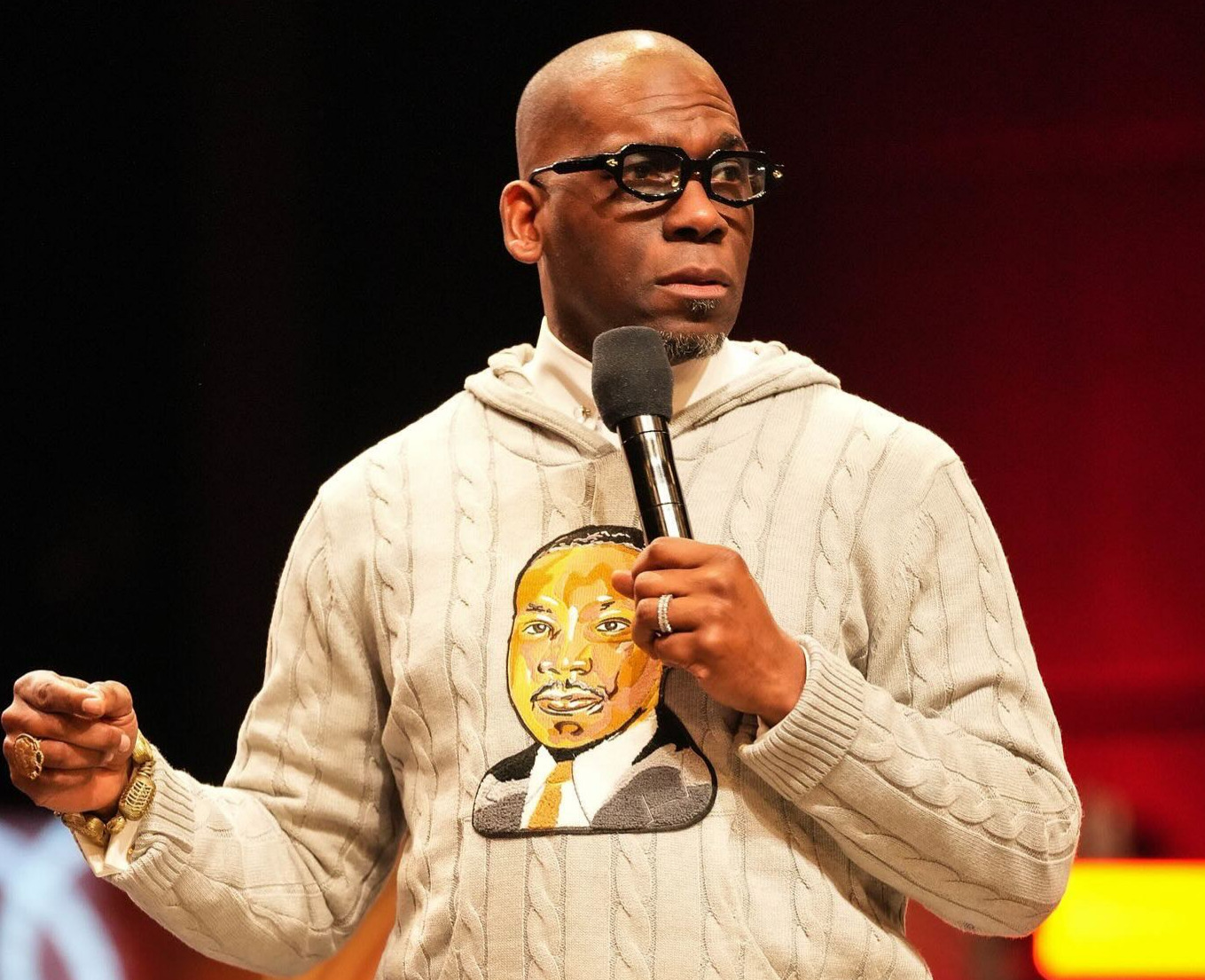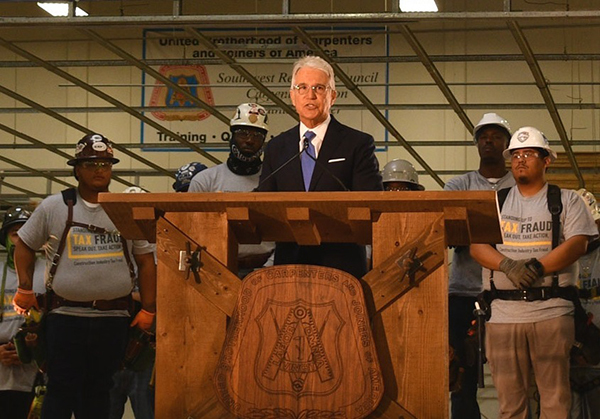Pastor Jamal Bryant vows to continue Target boycott despite CEO change

ATLANTA — Target’s leadership change will not end Pastor Jamal Bryant’s fight for accountability as he continues pushing the company to honor its promises to Black communities and demands supporters maintain pressure on the retailer.
Target confirmed that Michael Fiddelke will replace Brian Cornell as CEO on Feb. 1, 2026, during a period of falling sales and ongoing boycotts. Bryant, who has led calls against the company, said he is “almost excited” about the change but remains doubtful it will bring real progress.
“Our demands have not changed since February,” Bryant said. He called on Target to honor its $2 million pledge to the George Floyd family, invest $250 million in Black banks, partner with six HBCUs and reshape its approach to diversity, equity and inclusion.
Bryant’s campaign has gained traction, with 350,000 people signing his petition to boycott Target. He has also pointed supporters toward hundreds of thousands of Black-owned businesses nationwide as alternative places to shop.
The boycott has hit Target financially, a fact the company itself has admitted. Bryant said the Black community’s $2 trillion in spending power shows how much influence consumers hold.
“That force hasn’t been fully targeted — no pun intended. Seventy years ago, we stopped a bus in Montgomery. Now, 70 years later, we’re holding the retail industry accountable for betraying our community,” Bryant said.
The pastor of New Birth Missionary Baptist Church in Stonecrest began his campaign during Lent as a 40-day fast from Target shopping. By Easter, he escalated it to a full boycott after the company failed to meet his demands.
Cornell has served as Target’s CEO since 2014 and helped transform the retailer through store remodeling and strategic initiatives. However, the company has struggled with stagnant sales over the past four years amid increased competition and consumer boycotts.
Bryant also revealed his next target: Dollar General. He criticized the chain for operating mostly in rural areas, employing more than 300,000 workers — many of them part-time to avoid providing benefits.
Target made commitments following George Floyd’s death in 2020, pledging $2 billion to support Black businesses by 2025. Bryant argues the company has only partially fulfilled its promises while scaling back diversity initiatives.
Beyond boycotts, Bryant continues pushing economic empowerment through his church, which is offering entrepreneurial training and building homes for first-time buyers as part of its wider mission for financial justice.
The retail giant has invested in Black-led community organizations and supported more than 20 historically Black colleges and universities, according to company statements. However, Bryant maintains these efforts fall short of the original commitments made after Floyd’s death.





